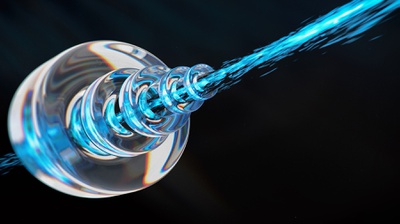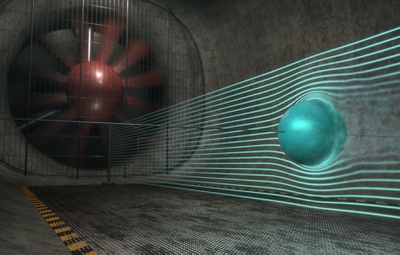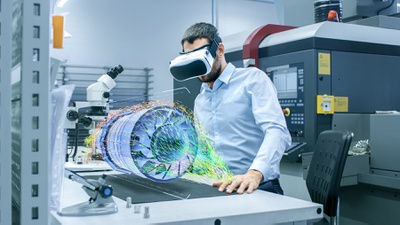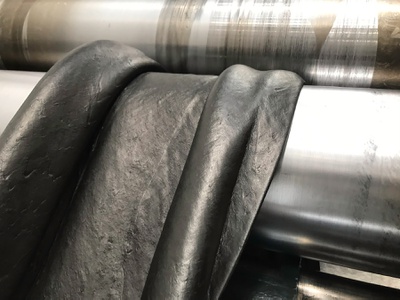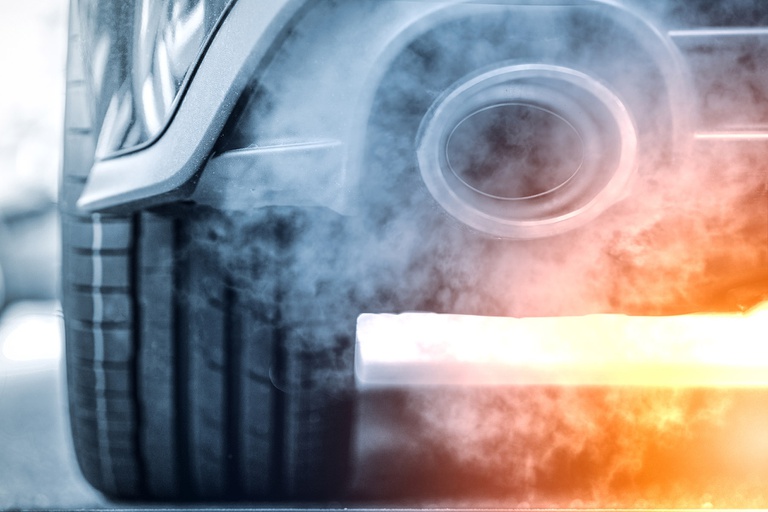
Optische Messverfahren für neuartige Motorenkonzepte
20 Juni 2022
Dr. Genny Pang, Fakultät für Maschinenbau, hat bei der Deutschen Forschungsgemeinschaft das Projekt "Optische Messverfahren der Verbrennung alternativer Kraftstoffe für neuartige Motorenkonzepte" eingeworben.
Laufzeit: 01.01.2022 - 31.12.2022
Fördergeber: DFG-internationale Kooperationen
To reduce climate change, efforts toward reduction of CO2 and particulate emissions are being undertaken by many countries around the world. The use of renewable low-carbon or carbon-neutral alternate fuels in advanced internal combustion engines for the transport sector is a promising solution for reducing or eliminating the net CO2 produced by passenger and heavy-duty transport vehicles. One particular advanced engine concept that has shown the ability to achieve high efficiency while producing exceptionally low levels of particulate and NOx emission is based on reactivity controlled compression ignition (RCCI). The emerging concept of RCCI is based on the use of a low reactivity fuel injected into the engine cylinder at low pressure combined with a high reactivity fuel during the compression stoke. This enables higher engine efficiency and to exceptionally low NOx and particulate matter emissions. Additionally, the duel fuel nature of the RCCI concept offers considerable fuel flexibility. The achievement of RCCI is heavily influenced by the chemical kinetics of the combustion process, which describes the rate of reactions occurring during the RCCI process. Detailed chemical kinetic mechanisms can be used to describe the combustion kinetics, but these mechanisms are often composed of thousands of reaction rate parameters for typical fuels, and thus are typically too computationally complex for most practical purposes. These kinetic mechanisms can be reduced for simplicity, but the reduced models need to be validated for their specific application. Reduced chemical kinetic models for RCCI combustion can be created from detailed chemical kinetic mechanisms, however, the reduced mechanisms should be optimized against experimental validation targets, such as temperature and species concentration measurements, which can be obtained with optical diagnostics. Optical measurement and imaging of more intermediate combustion species in RCCI are necessary to serve as benchmarks for reduced chemical kinetic models. The objective of this project is to cooperatively explore the development and application of advanced optical diagnostic techniques to improve the understanding of reactivity controlled compression ignition (RCCI) of alternative transportation fuels, including hydrogen, methane, alcohols, and biodiesel. Specifically, we plan to apply planar laser induced fluorescence (PLIF) and tunable diode laser absorption spectroscopy (TDLAS) to measure key combustion intermediates in 2D and 1D space during RCCI combustion in an optical single stroke engine, such that we can use the data as validation targets to create reduced chemical kinetic models that are accurate for RCCI combustion. The combined expertise of the German partner in improving chemical kinetic models with the expertise in optical diagnostics from the Korean partner is ideal for achieving this objective.
Bild: © gettyimages/deeplblue4you


